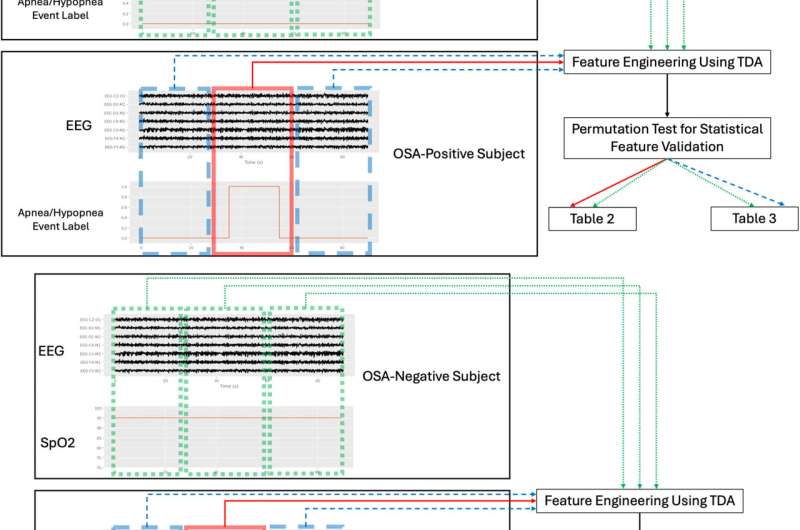Sleep apnea involves consistent disruptions to breathing during sleep, often stemming from airway blockages or brain signal issues. About 30 million people in the U.S. have sleep apnea, which, if left untreated, can lead to long-lasting effects, including fatigue, memory loss and even depression.
By focusing on brain signals, Aarti Sathyanarayana, an assistant professor of public health and health and computer science at Northeastern University, published a study in the Journal of Sleep Research on a new, accurate method of detecting sleep apnea that, for the first time, can be done even when someone is awake.
“I don’t think anyone has tried to diagnose sleep apnea when awake because it sounds crazy, but we found evidence that it can be done,” Sathyanarayana says.

